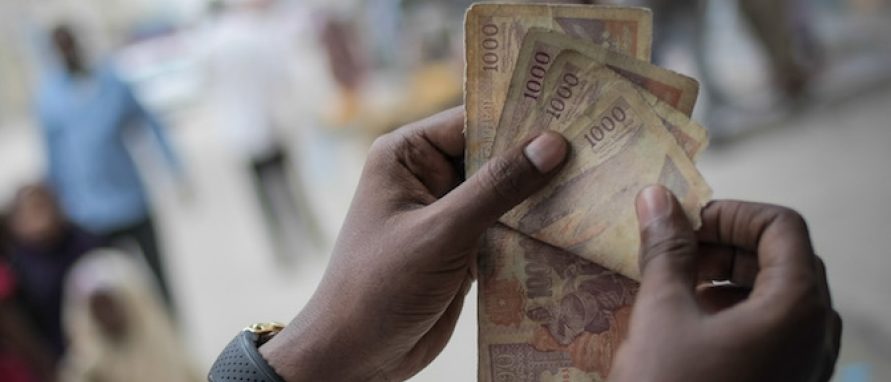
State of inclusive instant payment systems in Africa
Real-time retail payments that enable consumers to send and receive cross-border and domestic transactions digitally are on the rise globally. The increasing proliferation of QR codes, apps, tap-and-go card technology, and small-value payments using proxy identifiers (aliases) such as phone numbers and email addresses have made payments one of









